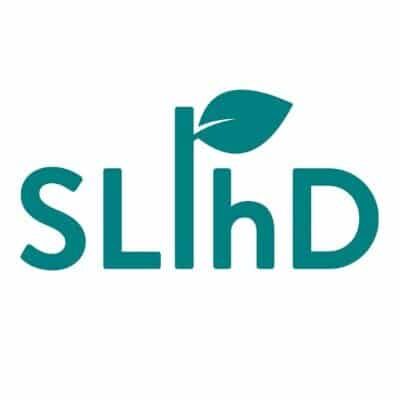Research
Research Resources
ESLA advocates Evidence Based Practice and implementation of best quality research to underpin routine clinical practice.
On this page we aim to signpost where individuals may access existing high quality research resources and information sources.
By highlighting existing resources from credible organisations, ESLA aims to support research knowledge, skills and confidence.
Keep watching this page for upcoming additional items.

Research Resources
ASHA's Evidence Maps
The American Speech-Hearing Association ASHA publish free to access reviews of research evidence sources on their public website.
You can access these resources here
Bridging Research and Clinical Practice: evidence-based practice (EBP) in speech and language therapy (SLT)
How is the SLT community informed about EBP?
As a network of speech and language pathologists (SLPs) pursuing a PhD degree, we would like
to contribute to further bridge the gap between research and clinical practice in speech and
language therapy.
You can read more about the SLPhD Network HERE.
ESLA is delighted to announce that the SLPhD Network propose to write blog posts on various
topics related to the clinical practice in SLP to provide both the research and clinical
communities with scientific information that can better inform their practice.
More specifically, these brief articles will focus on a clear research question related to the
clinical practice of SLPs. Examples may include questions such as diagnostic accuracy of NWR tasks to identify DLD in bilingual populations; intervention(s) efficacy of swallowing diseases in the early stage of Parkinson's disease etc.
The articles will all include a summary of at least one peer-reviewed research paper addressing the clinical question. The research publications summarized in these blog posts will include experiments on interventions or assessments, or a review/meta-analysis.
The SLPhD Network team aims to contribute one new article contribution every couple of months.
We encourage everyone to keep watching and to feel welcome to share our articles with colleagues.
We also hope to start to establish some network groups to connect SLTs/SLPs in specific clinical topics.

Keep watching below as we add new articles contributed by the SLPhD Network ....
- How can we improve vocabulary in late talkers? - Contribution 1
- Counseling in Aphasia: Information and Strategies for Speech-Language Pathologists - Contribution 2
- Communication interventions in autism spectrum disorder (ASD) for minimally verbal children: a systematic review - Contribution 3
- Can we use monolingual assessments to profile bilingual children’s language skills? Rethinking current assessment tools - Contribution 4
- Technology-Enhanced Reading Therapy for People With Aphasia: Findings From a Quasirandomized Waitlist Controlled Study - Contribution 6
